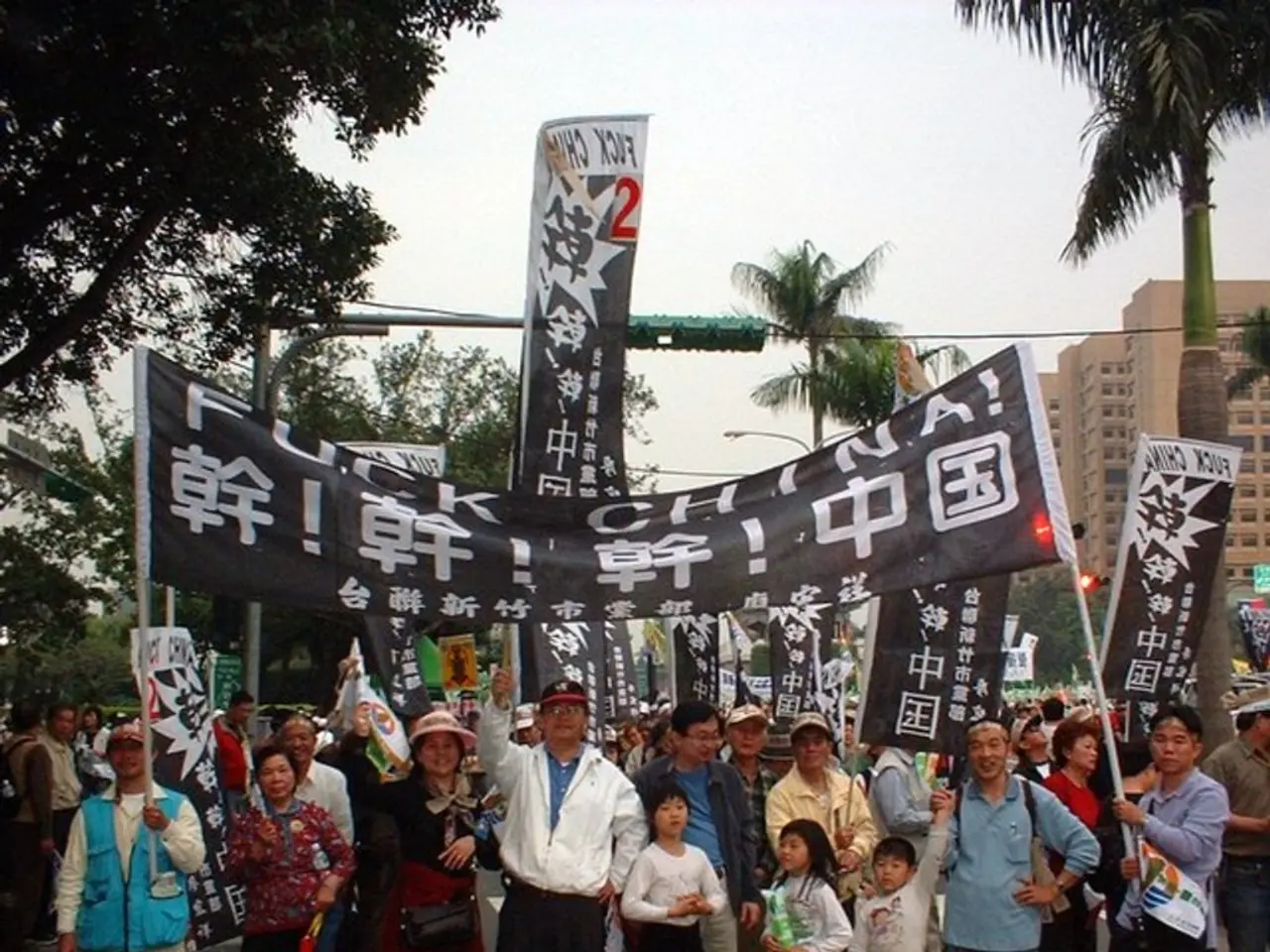Stay Informed Without Exhaustion: Listen Attentively Without Draining Energy
In today's digital age, social media has become a platform for public discourse, often fuelled by outrage. However, this constant barrage of emotional content can have detrimental effects, according to Tanya Lewis, a senior editor at Scientific American who covers health and medicine.
Outrage fatigue, a phenomenon caused by repeatedly experiencing moral transgressions and becoming desensitized to them over time, is a growing concern. It can alienate individuals, discourage meaningful engagement, and ultimately fuel apathy and disengagement from important issues.
To combat outrage fatigue, promoting civility and empathy through active listening, creating spaces for honest and generous dialogue, focusing on shared goals rather than enemies, and fostering trust and social cohesion in communities and workplaces are effective strategies. These approaches help reduce the mental and emotional toll of constant outrage and political stress, supporting healthier interpersonal and societal dynamics.
Active, empathetic listening and open-ended questioning can restore civility and reduce polarization-induced exhaustion. Initiatives that promote trust and shared interests, such as Allstate's community trust campaigns, help reconstruct social fabric and ease divisiveness. Creating environments that discourage demonization and encourage nuanced conversation can reduce hostility.
Addressing the mental health impacts of political polarization and outrage fatigue is crucial. Recognizing the severe health consequences, including fatigue, illness, and depression, calls for reducing exposure to polarizing media and building supportive, less adversarial social networks.
Cultural campaigns to lower societal temperature, like Johnsonville’s “Keep It Juicy” campaign, encourage reclaiming joy and civility as antidotes to outrage. By limiting media consumption of inflammatory content and engaging in activities that promote relaxation and well-being, such as spending time in nature or pursuing hobbies, individuals can cultivate a sense of balance and perspective.
Approaching complex issues with clarity and compassion is essential as we navigate modern media and public discourse. Tanya Lewis encourages being informed but not overwhelmed, and engaged but not consumed, in the current era of heightened emotions and polarized discourse.
The danger of outrage fatigue lies in its ability to render individuals passive and indifferent, allowing politicians and other influential figures to manipulate public opinion for their own agendas. Recent studies, such as one conducted by William Brady from Northwestern University, have shown that outrage plays a significant role in the spread of misinformation, especially on social media platforms.
In conclusion, by promoting healthier dialogue, reducing toxic workplace and community dynamics, and helping individuals better manage political stress, we can mitigate outrage fatigue in polarized societies. It is crucial to prioritize mental health and well-being to navigate the turbulent waters of outrage with resilience and grace.
News about the impact of outrage fatigue on mental health has raised concerns in health and wellness circles. Tanya Lewis, a senior editor at Scientific American who covers health and medicine, believes that promoting empathy and civility could help combat this issue. Mental health initiatives focused on reducing the impact of political polarization are essential, says Lewis, as they can prevent severe health consequences such as fatigue, illness, and depression. To achieve this, strategies like active listening, creating spaces for constructive dialogue, and fostering trust within communities might be beneficial.




